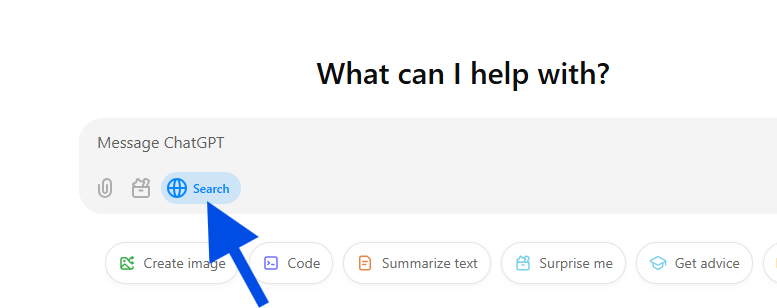The recent announcement from OpenAI regarding the expansion of ChatGPT Search to all users marks a significant shift in the landscape of online search. This development not only enhances the capabilities of ChatGPT but also poses a formidable challenge to established giants like Google.
The Launch of ChatGPT Search
As of December 16, 2024, OpenAI has made its ChatGPT-powered internet search feature available to all free users, following its initial rollout to paid subscribers in October 2024. This feature allows users to receive real-time answers alongside links to relevant web sources, effectively transforming the traditional search experience into a more conversational and intuitive interaction
Kevin Weil, OpenAI’s Chief Product Officer, emphasized that this integration is designed to provide “swift, timely responses” that would typically require navigating a conventional search engine
Key Features of ChatGPT Search
- Real-time Information: Users can now access up-to-date data directly from within the ChatGPT interface.
- Voice Search Integration: An advanced voice mode has been introduced, allowing users to perform searches using voice commands.
- Enhanced User Experience: The layout resembles traditional search engines, providing images, ratings, and operating hours for local businesses and points of interest
Implications for Google and the Search Landscape
The introduction of ChatGPT Search presents a direct challenge to Google’s dominance in the search market. While Google remains a powerful player, the rise of AI-driven search tools like ChatGPT, Bing’s generative search pilot, and others signals a shift towards more contextual and conversational search experiences. These tools generate answers rather than merely listing links, which could redefine user expectations around information retrieval.
Its important to note, however, that SearchGPT is still experiencing some outdated infor issue especuially if you are looking for upto date or location based information.
Challenges for Google
- Direct Data Access: SearchGPT shines in handling more complex questions — especially ones that benefit from detailed explanations. As with google where you have to skim through alot of information, SearchGPT gives you relevant information in secinfs making it handy for individuals who want to grasp information quickly.
- User Experience: The conversational interface of ChatGPT offers a more streamlined experience compared to the often fragmented results pages of traditional search engines
- Advertising Dynamics: With Google introducing ads into its AI Overviews since October 2024, organic results are pushed lower on the page. This shift necessitates a reevaluation of SEO strategies as businesses must now prioritize comprehensive educational content over transactional guides. This presents a good chance for small businesses to stand out from the big boys.
Google’s Response
Despite these challenges, Google is not likely to lose its foothold in the market anytime soon. The company continues to innovate with features like AI Overviews and has already adapted its algorithms to accommodate the growing trend towards AI-driven searches.
Furthermore, Google’s extensive data infrastructure provides it with a unique advantage in maintaining up-to-date information across various domains.
The Future of Search
Looking ahead, several trends are emerging within AI-driven search:
- Specialized LLMs: Domain-specific models are expected to proliferate, offering tailored insights for various industries and enhancing professional decision-making.
- Multimodal Tools: The integration of text, images, and voice in search will become increasingly common as platforms strive for richer user experiences.
- Localized Search Algorithms: As seen with travel-related queries focusing on seasonal trips and local events, localized searches will gain prominence as users seek relevant recommendations based on their immediate context
OpenAI’s Browser Plans
OpenAI is reportedly developing its own browser aimed at competing directly with Google. This move could further disrupt the search landscape by integrating AI capabilities into everyday browsing experiences
With over 200 million users as of August 2024, OpenAI’s tools are already driving significant traffic across various platforms.
Conclusion
The launch of ChatGPT Search represents a pivotal moment in the evolution of online search. As AI continues to reshape how users interact with information, both established players like Google and new entrants like OpenAI will need to adapt rapidly. The future will likely see an increasing emphasis on personalized, real-time content delivery that prioritizes user experience over traditional advertising models.
As this landscape evolves, businesses and marketers must stay ahead by optimizing their content strategies for both AI-driven platforms and conventional search engines alike.




